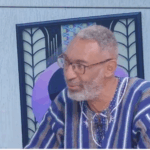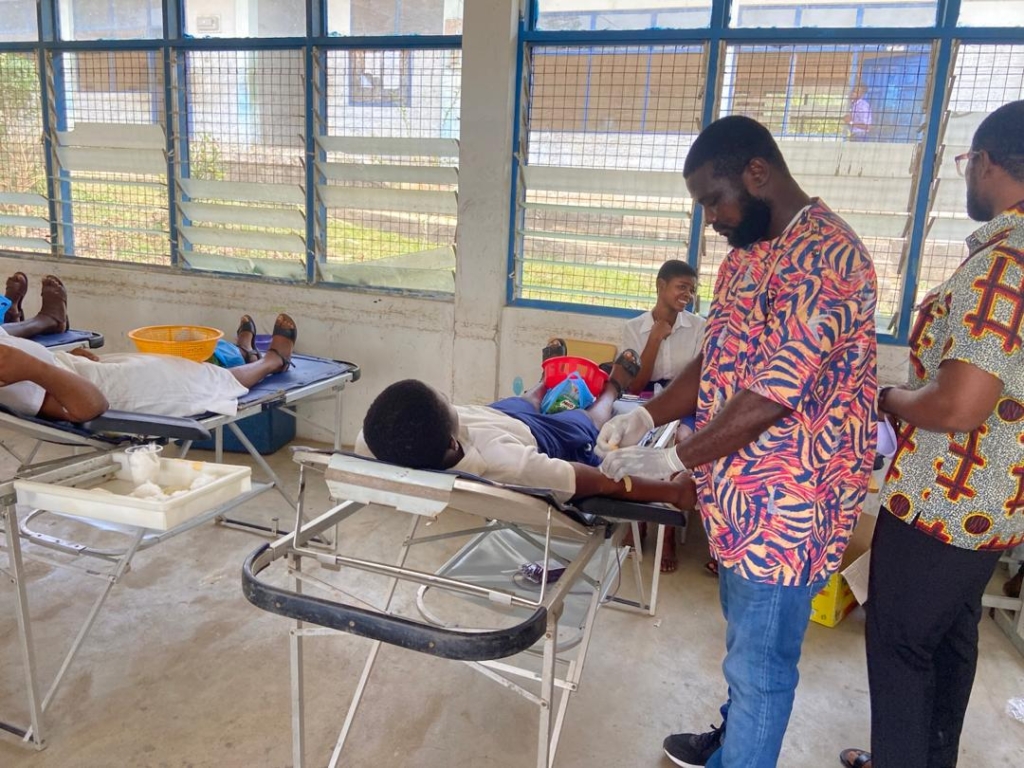
Dr Sekou Nkrumah, son of Ghana’s founding President Dr Kwame Nkrumah, has raised concerns over the recent removal of the former Chief Justice Gertrude Torkornoo.
He claimed the National Democratic Congress (NDC) acted out of political expediency rather than genuine constitutional grounds.
Speaking on The Pulse show on JoyNews, Dr Nkrumah questioned the true motive behind the NDC’s relentless criticism and eventual push for the Chief Justice’s removal.
“The agenda of the NDC is that they don’t like the Chief Justice, they don’t like the way she behaves. The point is, what was the real agenda?” he asked.
Dr Nkrumah suggested that the move may be linked to ongoing corruption cases involving former NDC officials, with the Chief Justice seen as an impediment to any attempts to avoid legal accountability.
“Is it because some people who were in power have corruption charges against them, and they now fear that taking the matter to court would see her as an obstacle so she must be removed?”
He also alluded to possible connections with ORAL (Operation Recover All Loot).
Dr Nkrumah hinted that such institutional pressure may have contributed to political discomfort with the Chief Justice’s continued presence.
“Maybe it’s linked to ORAL and all those things. But if that’s the case, what happens to the independence of the judiciary? The different arms of government are meant to be separate” he said.
While acknowledging the constitutional right to challenge misconduct, Dr Nkrumah maintained that the justifications given for the Chief Justice’s removal appeared politically motivated and weak in substance.
“Those charges didn’t look like serious grounds to remove her. But the point is, they went ahead anyway because they had an agenda,” he noted.
He further linked the controversy to broader structural issues within Ghana’s political system, particularly the excessive power concentrated in the office of the president.
“We have a constitution where I think the president has too much power. This is something we really need to reflect on. Why does the president wield so much control in a multi-party democracy?”

